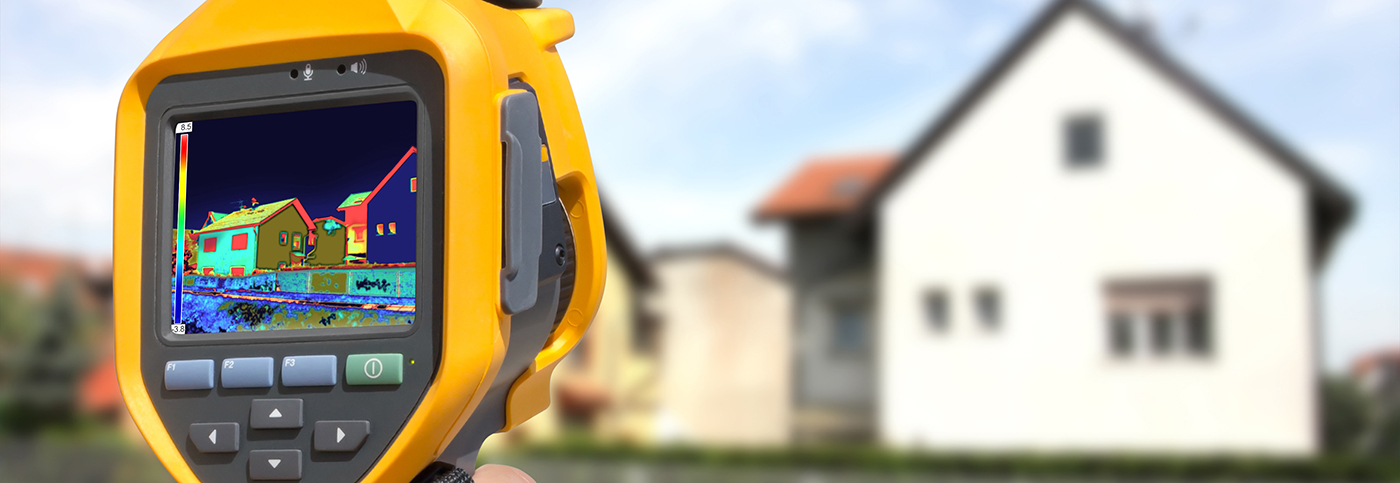Research
Most energy problems are multidisciplinary in nature, spanning science, engineering and the social sciences. Different approaches are therefore needed to understand and tackle these issues. Our research works to develop a range of tools, models and methods to address the energy challenges facing the world. Below, you will find information about our themes, projects and centres, and models.
Themes
Our research is divided into intersecting six areas. Within these, we host several research groups and labs which operate with a more specific focus.
Energy & Buildings
 Buildings research to support emerging problems and an evolving energy system.
Buildings research to support emerging problems and an evolving energy system.
Energy & Transport
 Modelling airlines behaviour, shipping systems and patterns of energy demand, travel behaviour, transport services design and performance.
Modelling airlines behaviour, shipping systems and patterns of energy demand, travel behaviour, transport services design and performance.
Energy & Environmental Systems
 High-impact, innovative and transformative research to facilitate energy system decarbonization and meet broader sustainability goals.
High-impact, innovative and transformative research to facilitate energy system decarbonization and meet broader sustainability goals.
Energy, Resources & Resilience
 Cross-cutting transformative research to examine adaptive governance approaches of energy and resource use for resilient societies, and to respond to disasters.
Cross-cutting transformative research to examine adaptive governance approaches of energy and resource use for resilient societies, and to respond to disasters.
Energy & Health
 Interdisciplinary research investigating the intersection of energy, its effects on environmental and climatic conditions, and human health and wellbeing.
Interdisciplinary research investigating the intersection of energy, its effects on environmental and climatic conditions, and human health and wellbeing.
Energy & Digitalisation
 Application of artificial intelligence methods to deploy the most cutting edge and state of the art algorithms to solve problems of sustainability.
Application of artificial intelligence methods to deploy the most cutting edge and state of the art algorithms to solve problems of sustainability.
Research project directory
The UCL Energy Institute hosts research projects across all of our themes. We are also home to academic centres conducting world-leading research and teaching.
Explore our research projects and centres ►
Energy Models
The UCL Energy Institute employs a variety of methods in its research, including data analysis and modelling. We employ a variety of methods in research including data analysis and modelling. On the UCL Energy Institute Model website, you can find out about some of the models that the Institute uses. You can also learn about why we use models and see some of the policy impacts of our models.
 Close
Close

